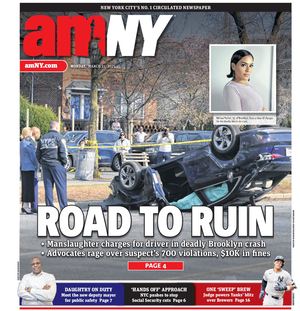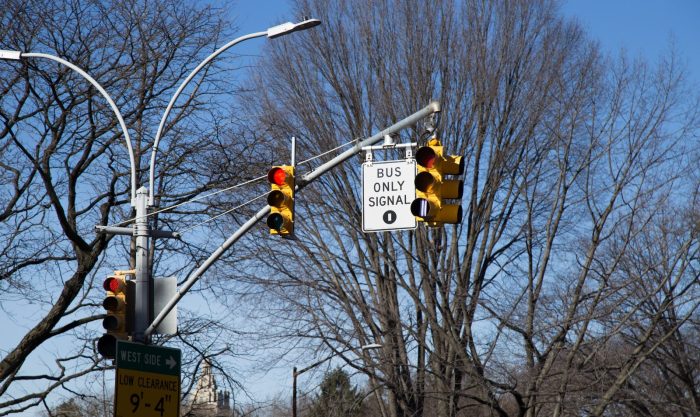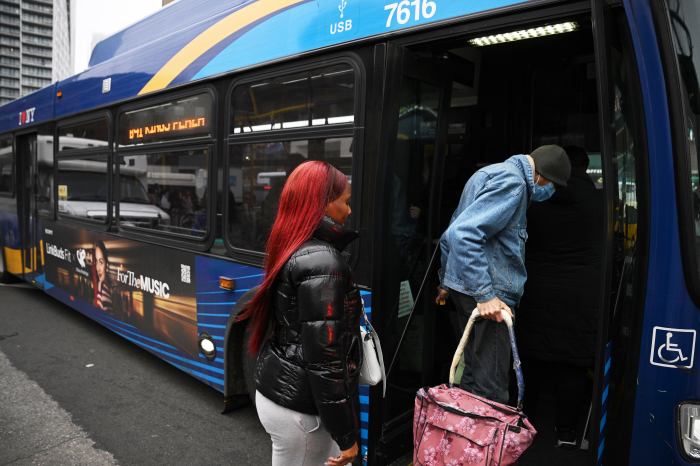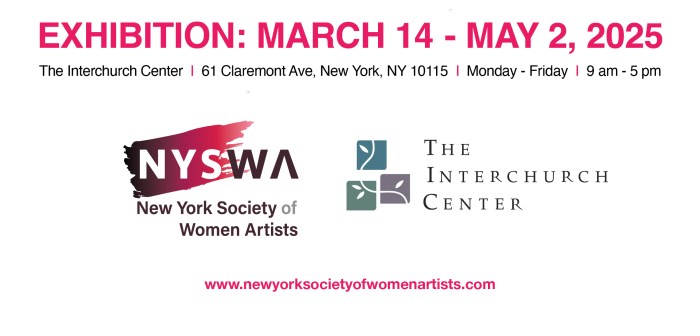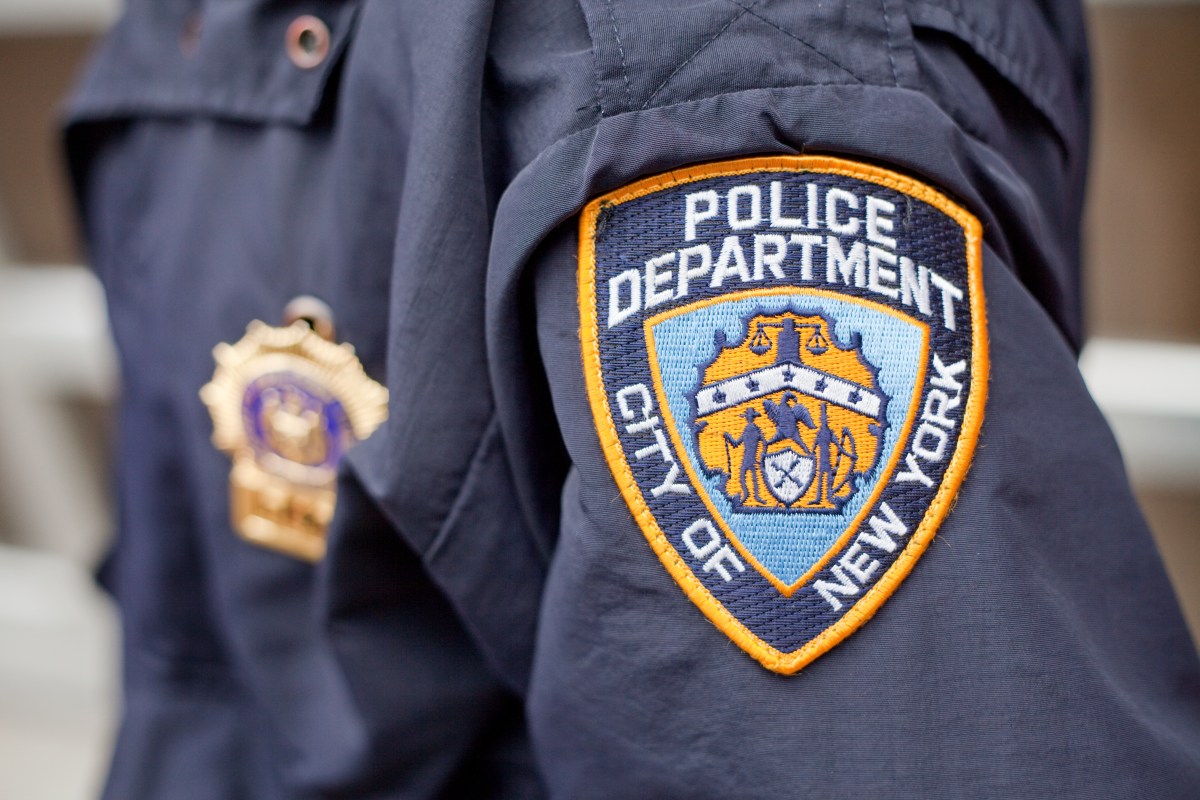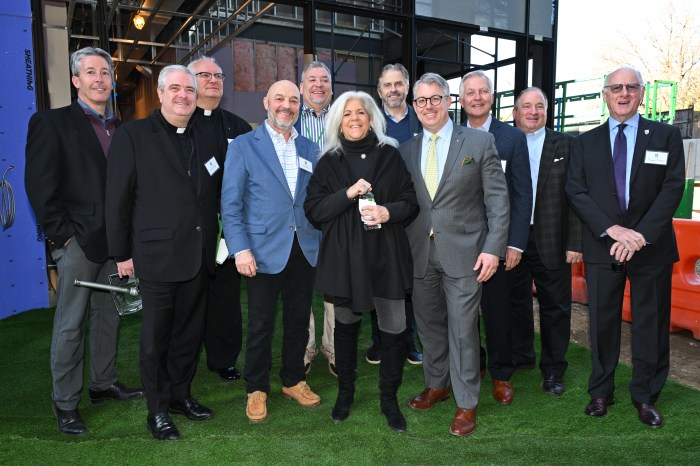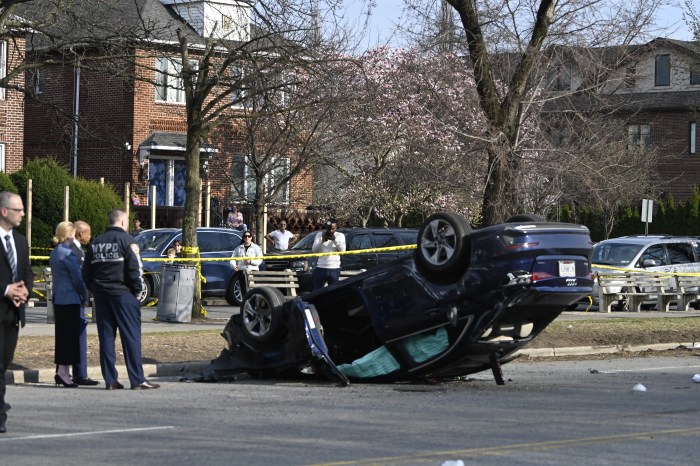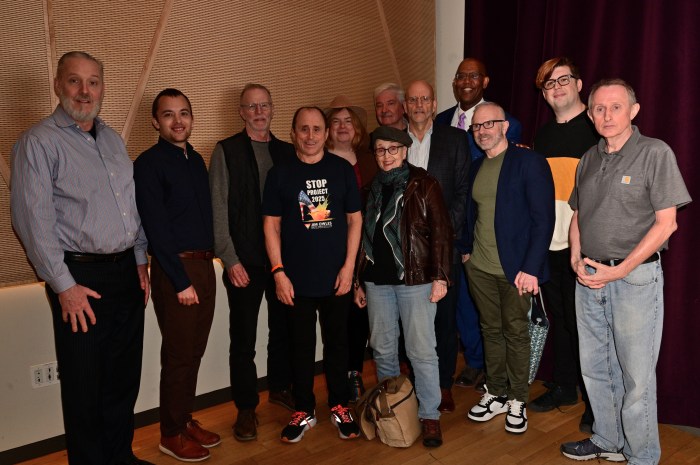
A State Supreme Court judge ruled that a lawsuit over inaccessible subway stations can move forward, reinforcing the hopes of advocates fighting for better wheelchair access in the city’s transit system.
Judge Shlomo Hagler on Wednesday denied motions from the MTA to dismiss the case, deciding in part that the state authority is not above the city’s Human Rights Law’s prohibitions of discrimination based on disability in public spaces.
“We’re thrilled. We’re vindicated. We expect to proceed to trial and we expect to win,” said Susan Dooha, executive director of Center for Independence of the Disabled, one of the plaintiffs in the lawsuit. “The judge was well-founded in his legal decisions about why our case survives those efforts to dismiss it.”
The case (Center for Independence of the Disabled New York (CIDNY), et al. v. New York City Transit Authority (NYCTA), et al.), filed by a coalition of accessibility advocacy groups, argues that the MTA and the city are in violation of the Human Rights Law because only about 25% of the subway system’s 472 stations include elevator access.
The lawsuit is one of four ongoing cases in state and federal courts challenging the MTA’s subway accessibility record. At a hearing last month, Hon. Hagler admonished the MTA over its failure to provide better subway access to commuters with disabilities, saying that authority officials claiming that the issue is a priority should put “the money where their mouths are” and fund more elevator installations.
James Kerwin, an attorney for the MTA, had in part argued that the case should be dismissed because the authority is meeting legal requirements of a law the State Legislature first passed in 1984 and then amended a decade later to require 100 “key stations” be made accessible by July 2020.
Kerwin reasoned that state law had supremacy over city law and that the State Legislature had worked to create a complex and thoughtful legal agreement to add elevators to a century-old subway system. Hon. Hagler disagreed.
“There has never been a decision from any court that has preempted the New York City Human Rights Law in the area of discrimination,” Hagler said. “There can never be a situation where the state would license any agency to discriminate against any individual.”
The MTA has pitched its own plan to improve accessibility, outlining through Transit President Andy Byford’s still-unfunded Fast Forward plan a vision to install 50 elevators over the next five years so that a subway commuter is never more than two stops away from an accessible station.
But the authority is also expected to appeal Wednesday’s decision. The MTA had for roughly a year failed to reach a legally binding agreement with the plaintiffs in the case to improve accessibility.
“We are disappointed with the ruling and are considering our options for appeal,” said MTA spokesman Shams Tarek, in a statement. “The MTA is deeply committed to improving accessibility at a faster rate than ever before … We know we have a long way to go, but we are fully committed to making this system one that can be used by all New Yorkers.”
